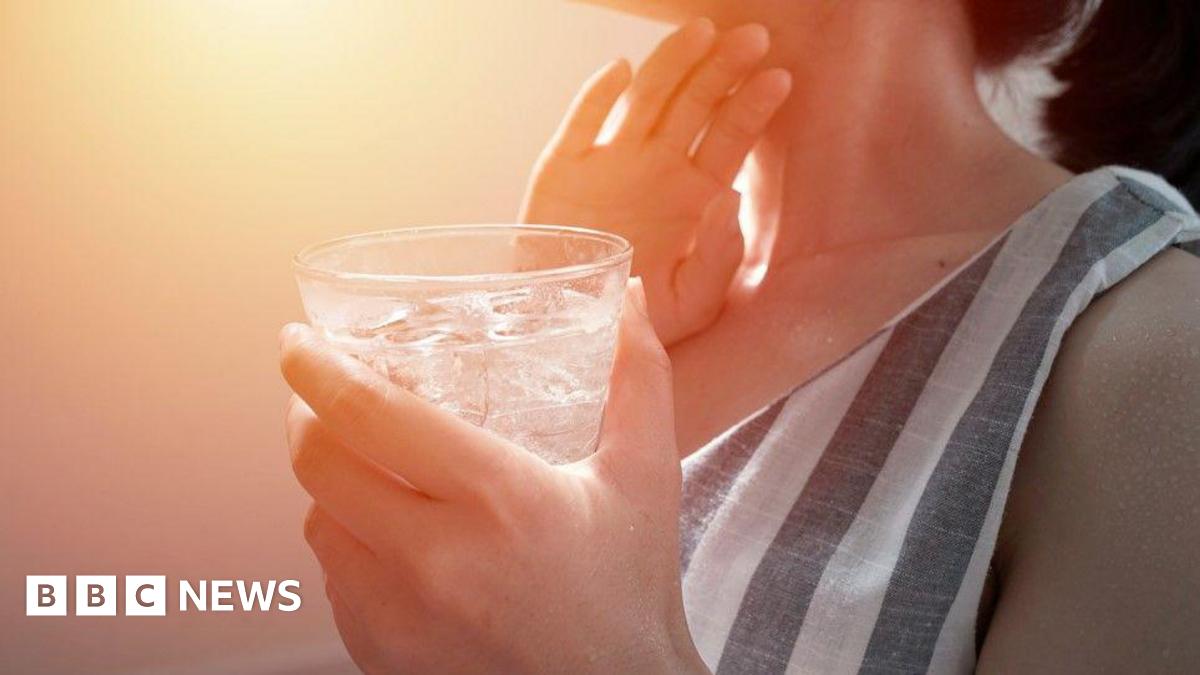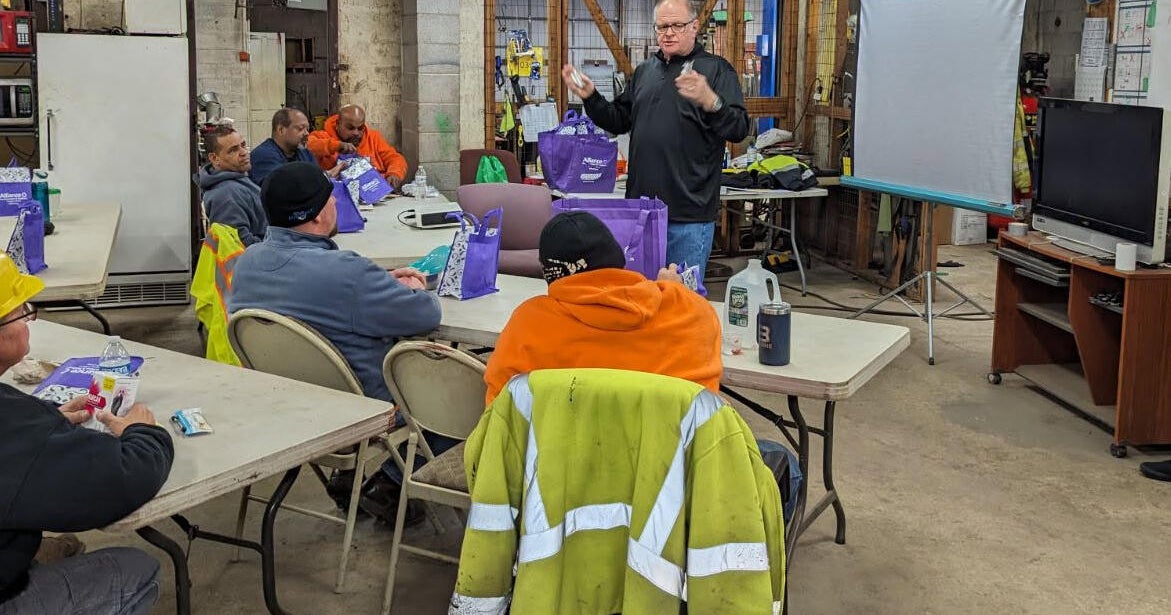Beat the Heat: Expert Advice on Staying Safe During Soaring Temperatures

With temperatures reaching record highs, health officials are issuing urgent advice to help people stay safe and avoid the dangers of heat exhaustion and heatstroke. This summer's heatwave is impacting communities across the region, and understanding how to respond is crucial for protecting yourself and loved ones.
Recognizing the Signs: Heat Exhaustion vs. Heatstroke
It's important to differentiate between heat exhaustion and heatstroke. Heat exhaustion is a milder condition, often characterized by symptoms like heavy sweating, weakness, dizziness, headache, nausea, and muscle cramps. While concerning, it can usually be managed with prompt action.
Heatstroke, however, is a severe medical emergency. It occurs when the body's temperature regulation system fails, leading to a dangerously high body temperature (104°F or higher). Symptoms include confusion, disorientation, seizures, loss of consciousness, and hot, dry skin (though sweating can still occur). Immediate medical attention is vital in cases of suspected heatstroke.
First Aid for Heat Exhaustion: Cooling Down Quickly
According to Dr. Abbas, if you suspect someone is experiencing heat exhaustion, the following steps can help:
- Remove Excess Clothing: Loosen or remove any unnecessary layers of clothing to allow the body to cool.
- Hydrate: Offer them a cool drink, preferably water or an electrolyte-containing beverage. Avoid sugary drinks, as they can worsen dehydration.
- Cooling Measures: Apply cool water to their skin using a spray bottle, sponge, or cool cloth. Fanning them can also help accelerate evaporation and lower their body temperature.
Heatstroke: A Medical Emergency
“But if it turns into heatstroke, it needs to be treated as an emergency,” Dr. Abbas emphasized. If someone exhibits signs of heatstroke, call emergency services (911 in the US) immediately. While waiting for help to arrive, move the person to a cooler location, remove excess clothing, and try to cool them down using the same methods as for heat exhaustion.
Preventative Measures: Staying Cool and Hydrated
Prevention is always the best medicine. Here are some tips to help you stay safe during this heatwave:
- Stay Hydrated: Drink plenty of fluids throughout the day, even if you don't feel thirsty.
- Seek Shade: Limit outdoor activities during the hottest part of the day (typically between 10 am and 4 pm).
- Wear Light-Colored, Loose-Fitting Clothing: This allows for better air circulation and helps keep you cool.
- Check on Vulnerable Individuals: Elderly people, young children, and those with chronic medical conditions are particularly vulnerable to heat-related illnesses.
- Never Leave Children or Pets in Parked Cars: Temperatures inside a vehicle can rise rapidly, even on a mild day.






